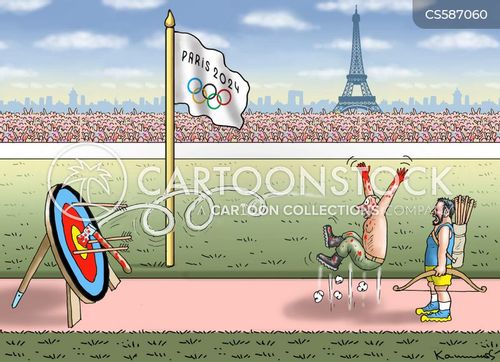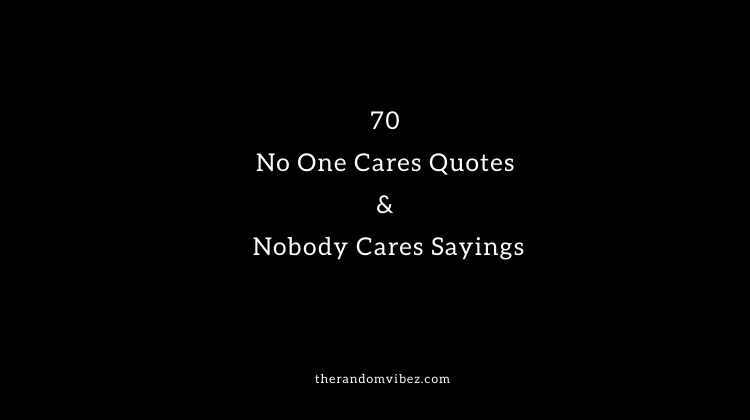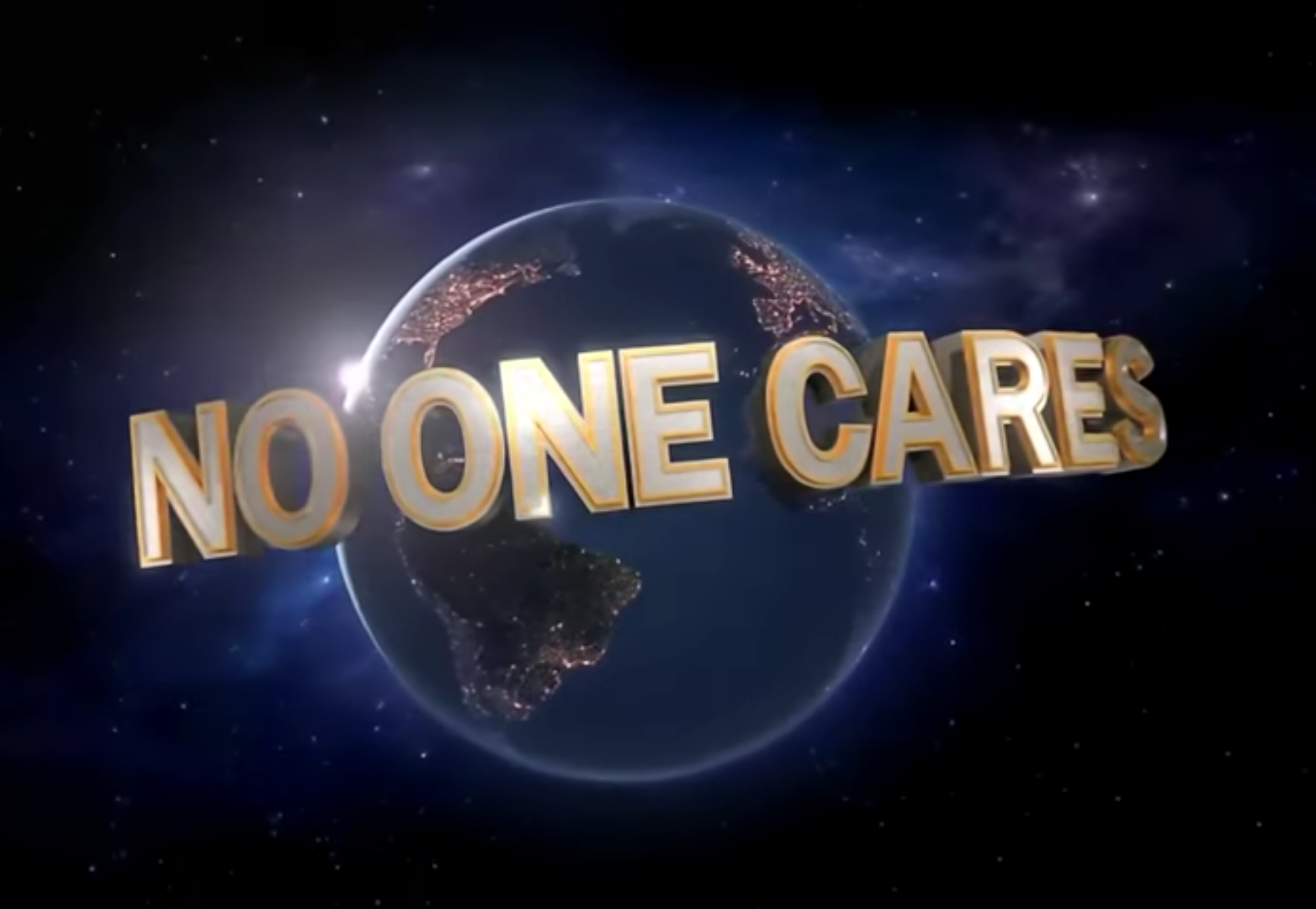No One Cares About The Olympics

Ratings plummet, sponsorships waver, and the cultural buzz is a whisper: The Olympics, once a global spectacle, faces a stark reality – apathy.
For decades, the Olympic Games stood as a symbol of athletic achievement, international unity, and national pride. But a confluence of factors, from declining viewership to escalating costs and ethical concerns, has eroded public interest, leaving many questioning the Games' relevance in the 21st century.
Dwindling Viewership: Numbers Don't Lie
Television viewership, the lifeblood of the Olympics, has experienced a significant decline. NBCUniversal, the primary broadcaster in the United States, reported a 42% drop in primetime viewership for the 2020 Tokyo Olympics compared to the 2016 Rio Games.
The 2022 Beijing Winter Olympics followed a similar trajectory, with ratings failing to rebound. Younger demographics, in particular, are turning away from traditional broadcast television, opting instead for streaming platforms and digital content.
This shift in viewing habits poses a significant challenge to the International Olympic Committee (IOC), which relies heavily on broadcast revenue to fund the Games.
Sponsorship Woes: A Financial Iceberg
Declining viewership directly impacts sponsorship revenue, another crucial pillar of the Olympic financial model. Companies are less willing to invest in advertising during an event that fails to capture a large audience.
Several major sponsors have either scaled back their involvement or chosen not to renew their partnerships with the IOC. This trend signals a growing concern among corporations about the ROI (Return on Investment) of Olympic sponsorships.
The economic strain of hosting the Games, coupled with the risk of financial losses, has deterred potential host cities, further jeopardizing the future of the event.
Ethical Concerns and Scandals: Tarnishing the Brand
The Olympics have been plagued by numerous ethical concerns and scandals in recent years. Doping controversies, allegations of corruption within the IOC, and human rights issues in host countries have tarnished the Games' reputation.
The 2014 Sochi Winter Olympics were marred by allegations of state-sponsored doping by Russia, leading to sanctions and bans for numerous athletes. Similar controversies have continued to surface, eroding public trust in the integrity of the competition.
Concerns about human rights abuses in China during the 2008 Beijing Olympics and the 2022 Winter Olympics sparked widespread criticism and calls for boycotts. These ethical considerations have made it increasingly difficult for the IOC to attract host cities and maintain public support.
The Rise of Alternative Entertainment
The modern entertainment landscape offers a plethora of alternative options for viewers. Streaming services, video games, social media, and esports compete for attention, diverting audiences away from the Olympics.
The long-form, event-based format of the Olympics may not resonate with younger generations accustomed to shorter, more interactive content. The IOC faces a challenge in adapting to the changing media landscape and engaging with new audiences.
The growing popularity of esports, in particular, presents a significant threat to the Olympics' dominance in the world of competitive sports.
Host City Hesitation: A Costly Endeavor
The exorbitant cost of hosting the Olympics has become a major deterrent for potential host cities. The financial burden of constructing new venues, upgrading infrastructure, and providing security can be crippling for even the wealthiest cities.
Many cities have withdrawn their bids to host the Games due to public opposition and concerns about the economic impact. The lack of willing hosts poses a serious challenge to the long-term viability of the event.
The 2028 Los Angeles Olympics aims to reduce costs by utilizing existing venues, but the financial risks remain significant.
Conclusion: A Crossroads for the Games
The future of the Olympics hinges on the IOC's ability to address the challenges it faces. Reforming the bidding process, tackling corruption, promoting ethical practices, and adapting to the changing media landscape are crucial steps.
If the IOC fails to adapt, the Olympic Games risk becoming a relic of the past, irrelevant to a generation that demands more from its entertainment and its institutions. Further developments are expected as the 2032 Brisbane Olympics approach.
The countdown continues, but the clock is ticking louder than ever before. Will the Olympics adapt or fade away? Only time will tell.


















